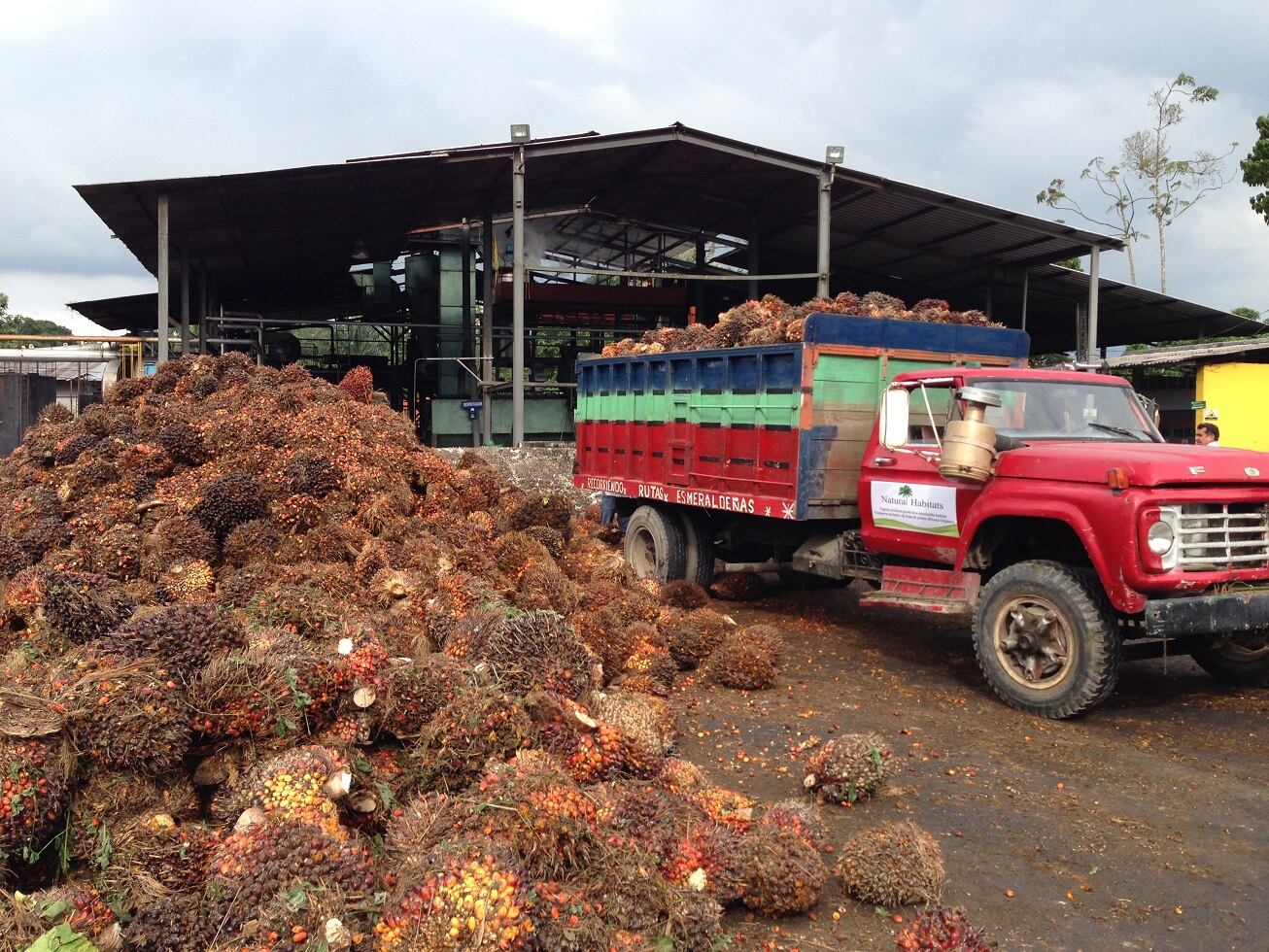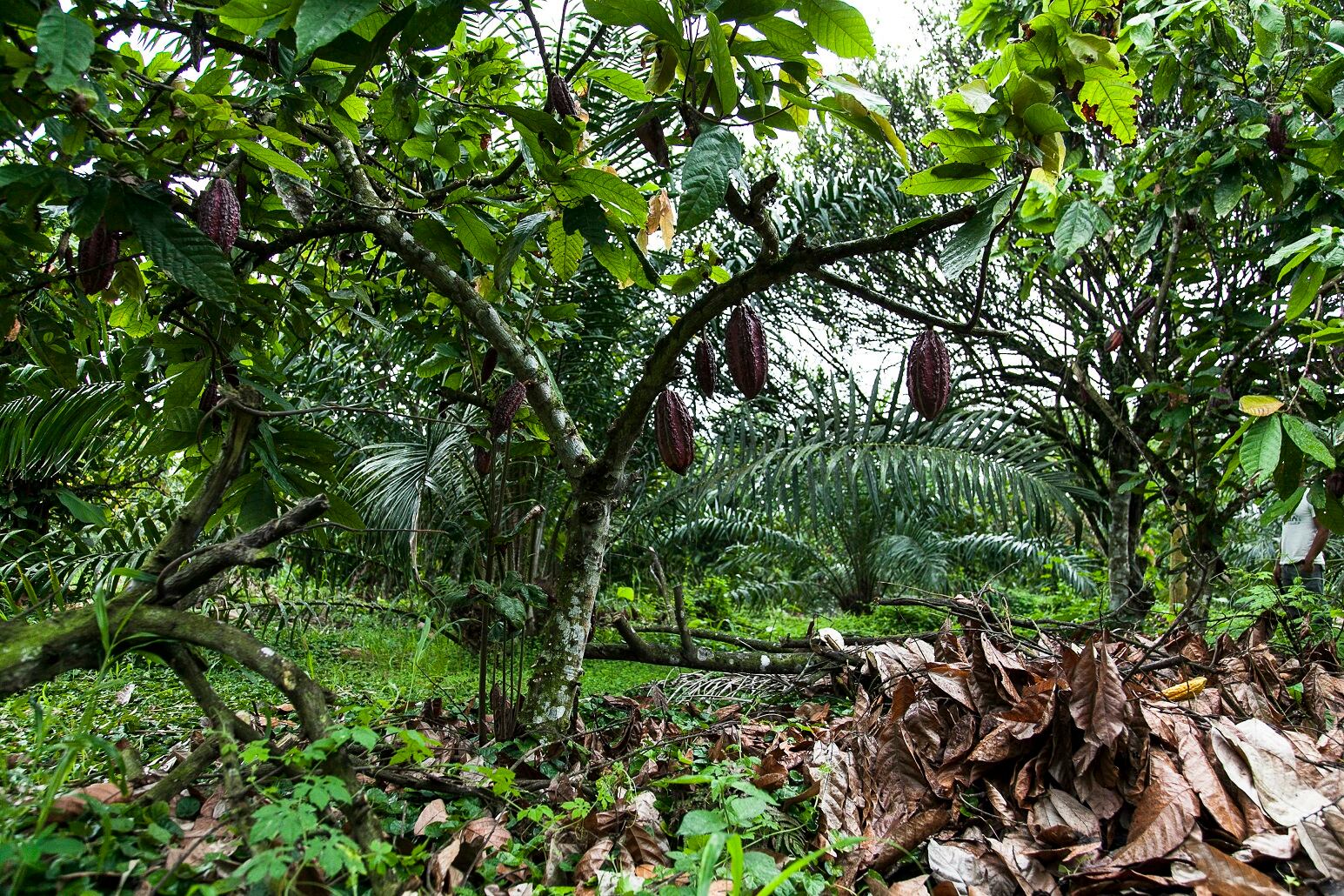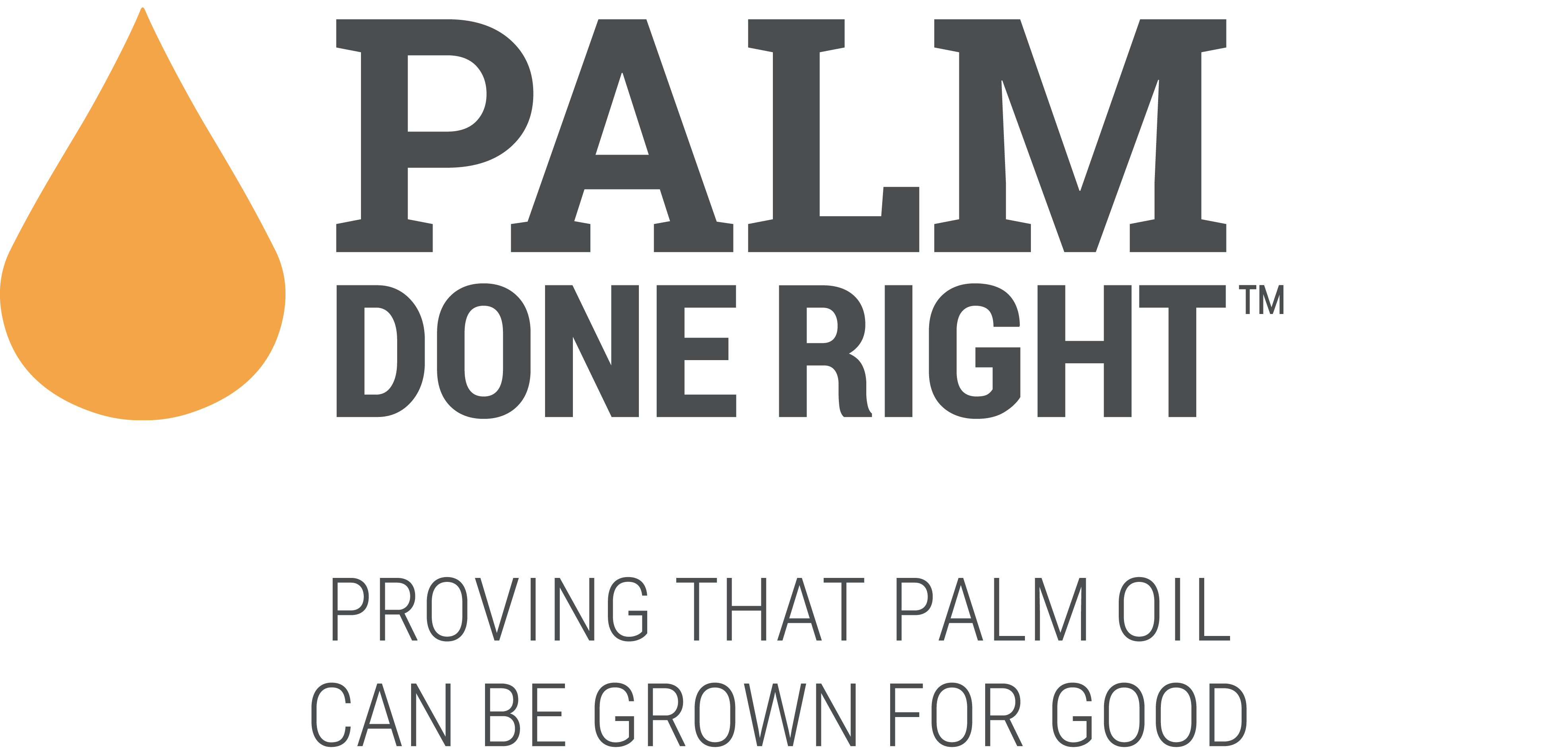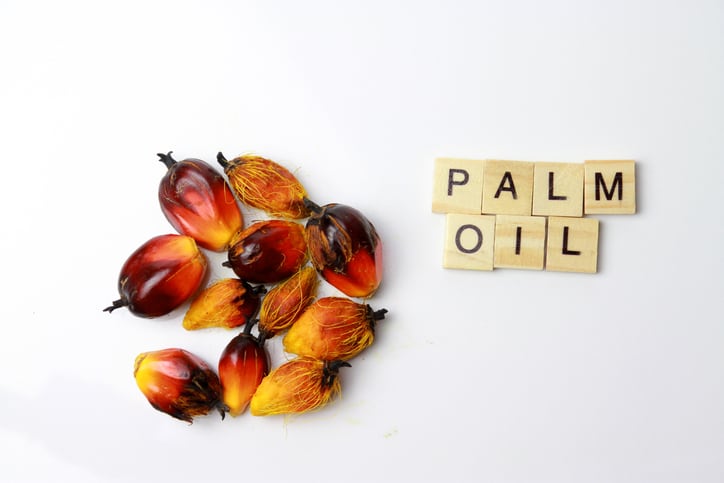Palm Done Right is a standard for palm oil, developed in 2013 by Natural Habitats, a company that produces and processes organic fair trade palm oil.
It certified around 10,000 metric tons of palm oil in Sierra Leone and Ecuador last year and plans to expand volumes.
Personal care brand Dr Bronner is buying palm oil that meets the Palm Done Right standard, as well as some small confectionery businesses.
Premium confectionery business
Speaking to ConfectioneryNews, Palm Done Right CEO Neil Blomquist said he hopes the standard will spread further in confectionery.
"The palm oil used in most confections is palm kernel - in most cases, it's fractionated palm kernel oil to create a harder stearin that creates coatings. Often you'll find it used instead of cocoa butter or other hard fats for use in coatings."
However, palm kernel is separated and pressed separately, so Natural Habitats can only produce one tenth of what it can with palm fruit oil, he said.
"Most of our palm kernel is going into the personal care side of the business,” said Blomquist.

“We can’t produce enough palm kernel - the demand is much higher than the supply - so we have not been able to go after what I consider the premium confectionery business yet.
“As our supply chain grows, that's in our sights and we have a lot of companies interested,” he said.
Palm Done Right standard
Palm Done Right is certified organic. The palm comes from farms that are also certified to a fair trade standard under Fair for Life. The palm is segregated and tracked.
There is a minimum wage requirement and a percentage of sales go back to growing regions for community projects, such as building local medical clinics.
"We're operating in countries [Ecuador and Sierra Leone] that don’t have the same problems that exist in Asia,” said Blomquist, such as mass deforestation, land theft and low wages.
"We pay 25% over the market price for palm oil. They [farmers] also get a premium for the fair trade side of it,” he said.
Palm Done Right says it is not another certification program and describes itself as "an international campaign to raise awareness around the positive ripple effects that happen when palm oil is grown for good".
RSPO mass balance

Blomquist claimed Palm Done Rights’ controlled conditions go further than the RSPO (Round Table Sustainable Palm Oil) system.
"RSPO mass balance as far as I'm concerned is greenwashing,” he alleged.
"You can have a very small percentage of your supply chain actually certified RSPO at farm level and at the processing level.”
He said RSPO had made progress, but alleged RSPO palm had fallen short of protecting the environment and labour rights.
We contacted RSPO for its response, but it did not provide comment.
Natural Habitats helps farmers meet the standards of Palm Done Right and enourages crop diversification on plantations with cacao, pepper and passionfruit to create a more diverse eco-system. It also teaches farmers how to manage their soil to improve yields.
"Those are things way beyond what represents RSPO,” said Blomquist, who is also managing director of Natural Habitats US, and chief commercial officer of the Dutch parent company Natural Habitats BV.
Prices higher
But confectioners can expect to pay more for Palm Done Right.

"For a brand like Hershey's, it's going to cost twice as much as they'd pay today for a mass balance produced oil out of Asia,” said Blomquist.
However, he said this was a necessary cost to protect workers’ rights and the environment.
Blomquist said: "When you look like a brand like Hershey's and the amount of palm oil in that product and the percentage of what that cost increase would be for them to improve their supply chain, it's nominal because it's maybe 3-4% of the ingredient profile."
He said buying non-organic palm from anywhere outside Asia – where he claimed malpractice was rife – was a step forward, but may also cost a company around 40-50% extra.
Palm Done Right is competing with just two other global organic palm producers: One in Brazil and one in Colombia.
‘Consumers will get smart’
But why should a chocolate company pay double when RSPO certification may have the same impact on consumer perception?
"The risk you run is that consumers will get smart. And they are already getting smart.
"GOs are continuing to hammer away at the problems and consumers that are conscious and aware are learning about it and they are starting to reject brands that are buying conflict palm,” said Blomquist.
Greenpeace alleged in 2013 that many confectioners were sidestepping responsibilities on sustainable palm oil by only ensuring products meet “inadequate” RSPO standards.
Blomquist said:"Yes, [companies] will pay a higher premium…but they are able to provide assurances to customers that their ingredient is not destroying rainforest, not stealing land and not creating slave labour camps."
Palm Done Right is in talks with large companies in the North American and European natural foods channel. "They are not the size of a Hershey or a Mars, but these are brands that are oftentimes over $1bn in revenue,” said Blomquist.
Palm Done Right hopes to expand volumes as is considering establishing a presence in Asia in the long term.
Big confectionery players: Company commitments

Ferrero
Ferrero committed to sourcing 100% traceable segregated, RSPO-certified palm oil by the end of 2014. The Ferrero Palm Oil Charter says from 2016 suppliers must provide fully traceable oil that does not clear high carbon stock forests.
Hershey
Hershey reached its goal to source 100% mass balance RSPO-certified palm oil at the end of 2014. It traced its palm oil and palm kernel oil to 96% of mills in its supply chain from the end of 2015 against its goal of 100%. It plans to achieve full supply chain traceability to plantation level by 2020. In Q1 2016, it had roughly 27% traceability to the plantation level. The company is transparent in naming its four palm suppliers: AAK, IOI Loders Croklaan, Cargill, and Fuji Oil.
